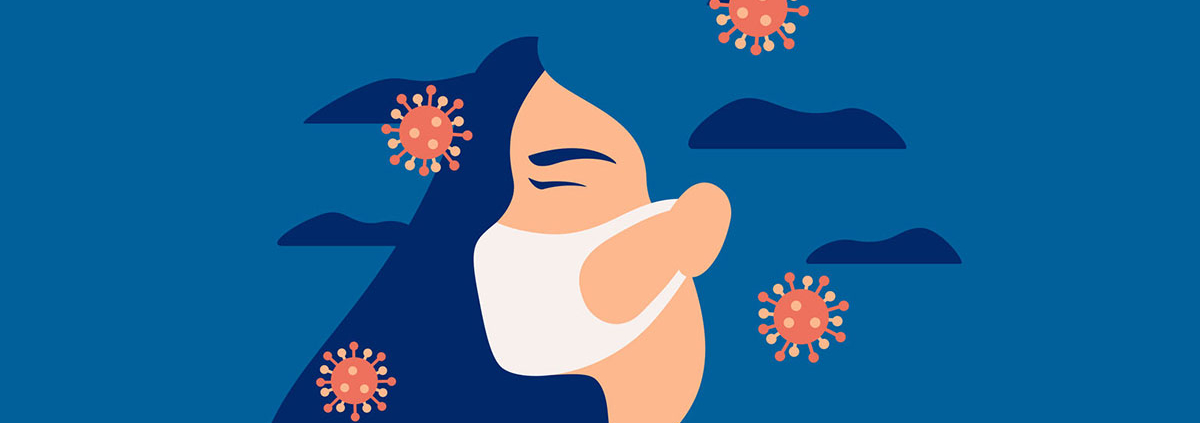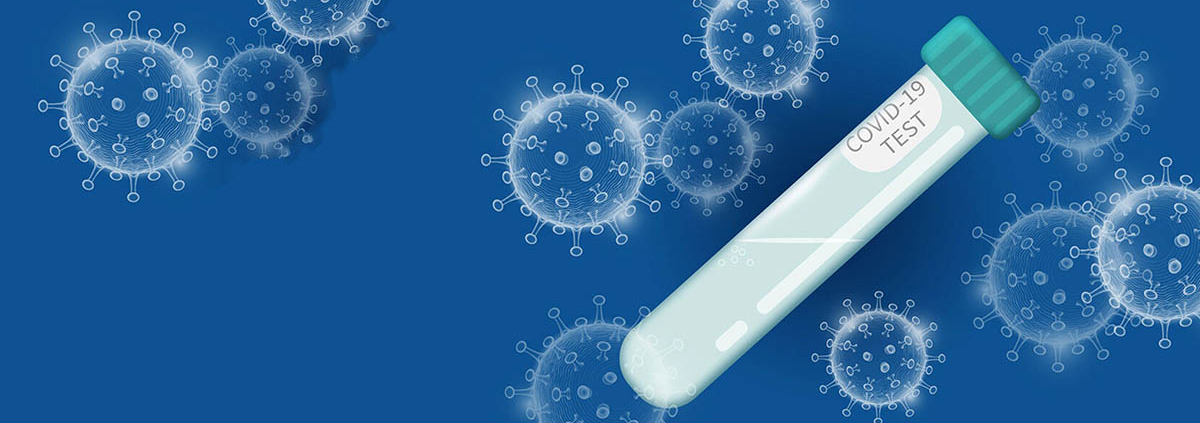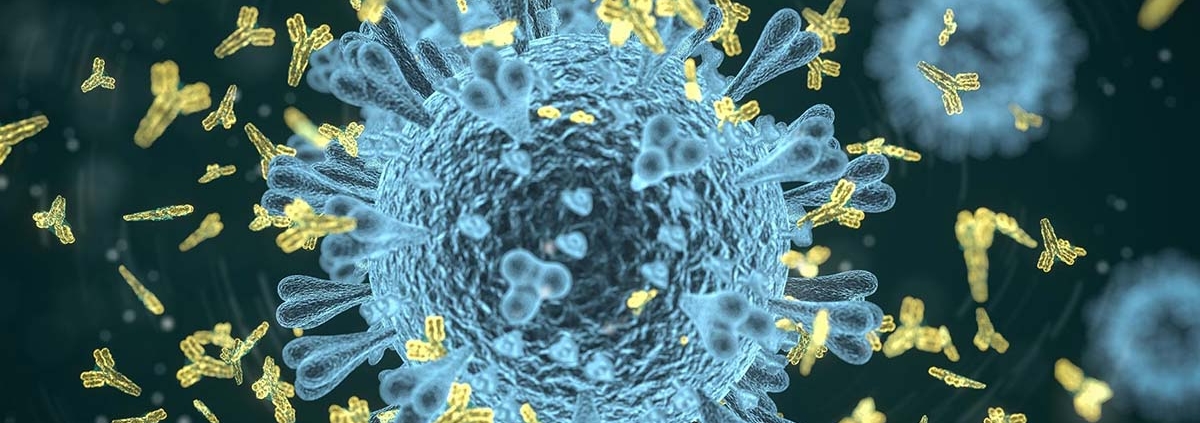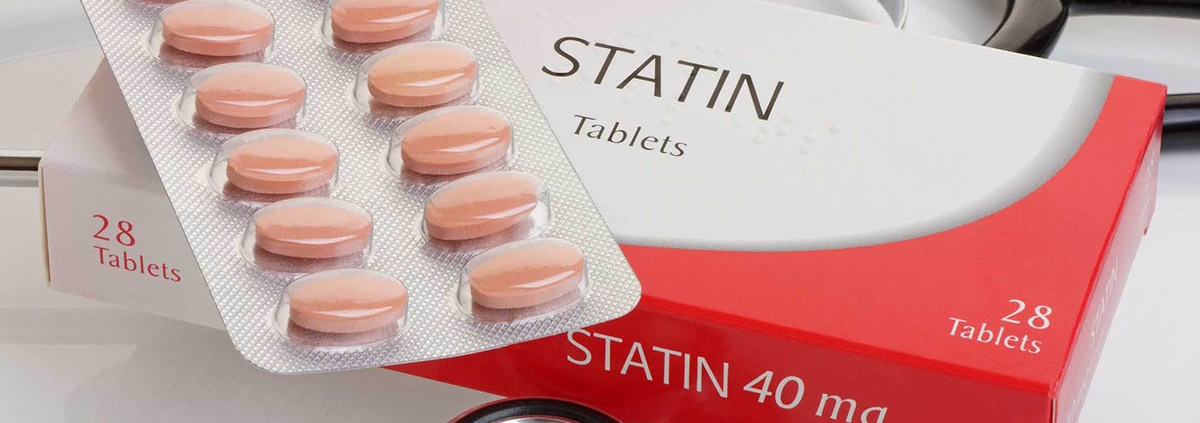Evidence of cognitive deficits in people who have recovered from COVID-19 has been discovered in a new study of over 80,000 individuals.
The research found that those with more severe COVID-19 symptoms scored lower on an online series of tests, with performance on reasoning and problem-solving tasks being most affected. Further analysis of the data indicated that those who received mechanical ventilation to help them breathe whilst in hospital had the greatest impairment on cognitive tasks.
Out of the 81,337 who provided complete data, 12,689 people suspected they had COVID-19. Participants reported a range of severity of illness, with many experiencing respiratory symptoms whilst still being able to stay at home (3,559 participants). Nearly 200 were hospitalised (192 participants) and about a quarter of these (44 participants) required mechanical ventilation.
The time since illness onset was around 1-6 months, meaning the study could not draw any definitive conclusions about whether these effects on cognition were long-lasting.
Published in the journal EClinicalMedicine, the research was a collaboration between King’s College London, Imperial College London and Cambridge University.
Release date: 11 August 2021
Source: King’s College London




